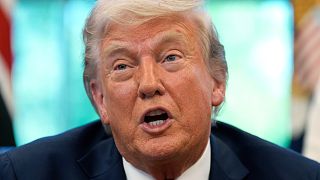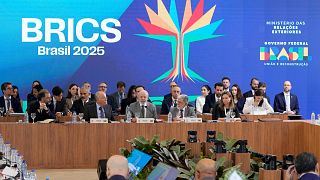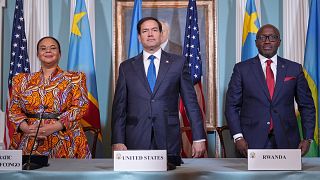Ethiopia
China has agreed to restructure some of Ethiopia’s loans, including a loan for a $4 billion railway linking its capital Addis Ababa with neighbouring Djibouti, Ethiopia’s Prime Minister Abiy Ahmed said on Thursday.
“During our stay, we had the opportunity to enact limited restructuring of some of our loans. In particular, the loan for the Addis Ababa-Djibouti railway which was meant to be paid over 10 years has now been extended to 30 years.
“Its maturity period has also been extended,” Abiy told reporters in the Ethiopian capital Addis Ababa, upon return from a summit in China.
Whiles in China where he joined other African leaders for the Forum on China – Africa Cooperation, FOCAC, Abiy and his team held several high-level meetings with officials.
In his remarks, Abiy highlighted that China has been our steadfast ally in the effort to build an economically advanced and socially inclusive Africa. He met with President Xi Jinping, his counterpart Prime Minister and also with the China EXIM bank.
At the meeting, they discussed strengthening cooperation & partnership on Foreign Direct Investments (FDI). They agreed to look into restructuring of Ethiopia’s loans. The Bank’s Chairperson also appreciated Ethiopia’s recent economic reforms, Abiy’s chief of staff said in a tweet on September 2.
Abiy stopped in Eritrea on his way back from China. He held talks with President Isaias Afwerki and signed a tripartite agreement between Ethiopia, Eritrea and Somalia with the Somali leader flying into Asmara to join them on Wednesday.













Go to video
Kenya set to surpass Ethiopia as East Africa’s largest economy in 2025 – IMF
Go to video
Ties between China and Kenya "upgraded to a new level", say leaders during Ruto's state visit
Go to video
Kenya: President Ruto arrives in China for four-day state visit
Go to video
US plans to reduce diplomatic presence could be part of wider change in US-Africa ties
Go to video
Ethiopians mark Easter with calls for peace and love amid ongoing conflict
01:27
China's exports jump 12.4% and imports fell as Trump pushed US tariffs higher